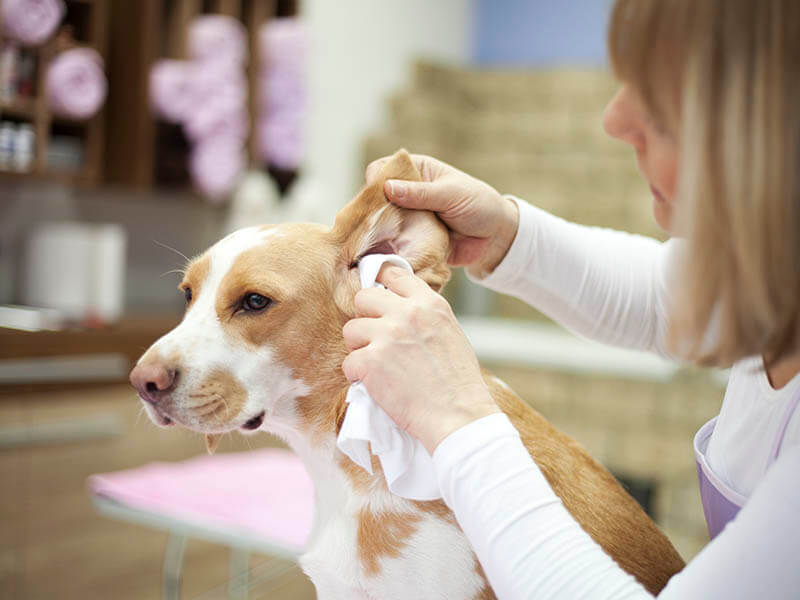
The claimant was hired as a pet groomer by the employer. The claimant began working for the employer and spent her first two weeks in training for which she was paid. Claimant worked for two weeks as a groomer and then missed a week of employment due to a personal medical issue. The claimant was paid biweekly. After returning to work, the claimant was injured while grooming a dog. The claim was promptly admitted and the adjuster paid temporary total and temporary partial disability benefits based on the two pay periods for which the claimant had worked and been paid prior to her injury. After a final admission was filed, the claimant applied for a hearing on the issue of average weekly wage (AWW) and additional temporary disability benefits.
The claimant testified that she expected to work 40 hours per week when hired and the pay period covering the two weeks of training should be excluded from the AWW calculation because she had not worked full time during either of those weeks.
She admitted that she had only worked full time for one week before being injured but claimed that she would have worked 40 hours after completing her training but for her personal health issue and subsequent injury.
Respondents argued that the admitted AWW had already given the claimant the benefit of excluding a week when she had no earnings at all for reasons unrelated to the work injury and that the AWW should be based on the claimant’s actual earnings rather than her expectations. The ALJ agreed with Respondents and denied the claimant’s request to increase the AWW and for additional temporary disability benefits.
Cook v. Petco, W.C. 5-226-825 (March 18, 2025).
Want to know more? Contact Michelle Prince at mprince@pollartmiller.com